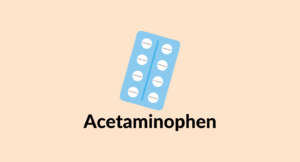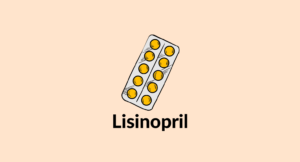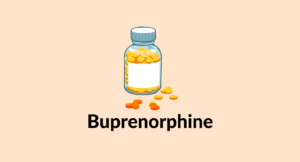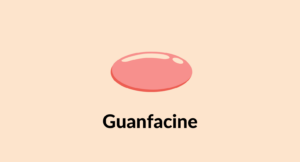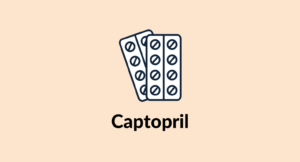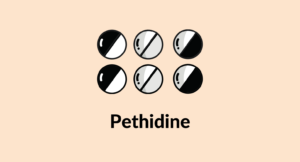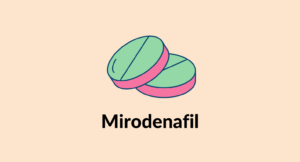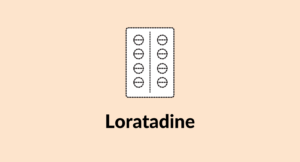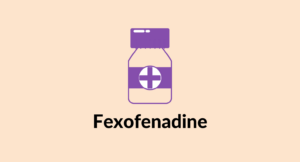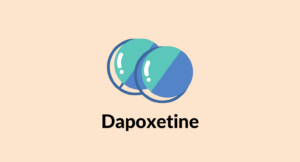Does CBD Interact With Citalopram (Celexa)?
Citalopram (Celexa) is a selective serotonin reuptake inhibitor (SSRI) used for treating clinical depression and obsessive-compulsive disorder.
CBD & citalopram have a moderate risk of interaction.
Many people who take antidepressants such as Celexa (citalopram) also take CBD (cannabidiol) or other cannabinoid extracts.
But is this combination safe? What are the safety concerns when taking these substances together? Is CBD a viable alternative to citalopram?
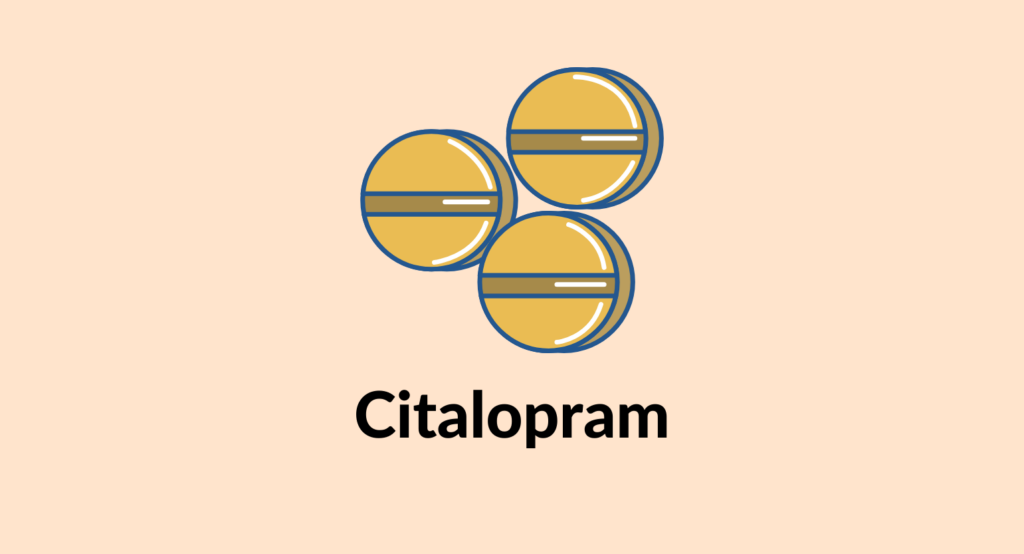
Does CBD Interact With Citalopram (Celexa)?
Potentially, CBD carries a moderate risk of interaction with antidepressant drugs like citalopram (Celexa).
The most concerning effects are unlikely to present from a single dose but may appear gradually with daily use.
CBD may increase serum levels of citalopram in the body by inhibiting its metabolism.
The cytochrome P450 enzymes are responsible for metabolizing different drugs in the body. When taken together, two medications that require similar enzymes for metabolism compete against each other for the said enzyme. This could result in a reduction in the rate of metabolism of one or both drugs.
The enzymes CYP2C19, CYP3A4, and CYP2D6 metabolize citalopram; CBD also gets metabolized by these enzymes.
This means that when taken together, CBD may slow down the metabolism of citalopram, resulting in accumulation in the body. This may lead to various side effects ranging from dizziness and drowsiness to confusion and nausea [1].
Other Names for Citalopram
Citalopram is sold under many different names. All share the same risk and potential interactions.
Other names for citalopram include:
- Akarin
- C Pram S
- Celapram
- Celexa
- Celica
- Cetram
- Ciazil
- Cilate
- Cilift
- Cipramil
- Citapad
- Citopam
- Citosign
- Sitor
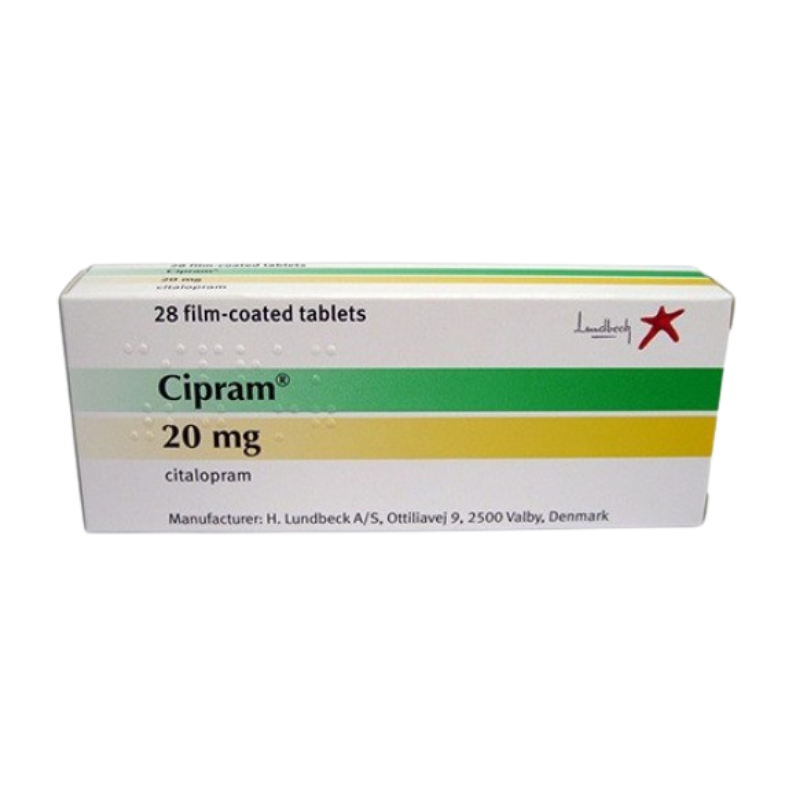
Similar Medications: Citalopram (Celexa)
Citalopram is a selective serotonin reuptake inhibitor (SSRIs). CBD and SSRIs all share similar risks for interaction and side effects.
Here’s a list of medications that share a similar level of risk when combined with CBD:
- Dapoxetine (Priligy)
- Escitalopram (Cipralex & Lexapro)
- Fluoxetine (Prozac, Rapiflux, Sarafem, Selfemra & Oxactin)
- Fluvoxamine (Faverin)
- Paroxetine (Seroxat)
- Sertraline (Lustral)
- Vortioxetine (Brintellix)
Is It Safe to Take CBD & Citalopram (Celexa) Together?
When used infrequently in low to moderate doses, yes — CBD and citalopram are reasonably safe when taken together.
However, if used in high doses or on a daily basis, this combination is thought to carry a moderate to a high degree of risk.
Due to CBD’s effects on slowing down citalopram’s metabolism, taking them together can make citalopram more potent and worsen its side effects.
There are not enough documented reports on the extent of these side effects. Their interaction is likely to be moderate, so constant vigilance is necessary while using these two drugs.
Always consult your doctor before taking these two medications, and don’t stop taking citalopram or any SSRI medication without first discussing it with your doctor. These types of medications usually need to be weaned off slowly to avoid side effects.
Is CBD a Viable Alternative to Citalopram (Celexa)?
Evidence suggests CBD may be an alternative to citalopram (Celexa) for mild forms of depression.
However, there’s no evidence to suggest CBD is a viable alternative for citalopram in cases with severe clinical depression.
Studies have shown that CBD may decrease the effects of depression and anxiety [2]. CBD may be able to induce changes in the brain system that is responsible for depression.
CBD has shown potential in decreasing symptoms of anxiety and anxiety disorders [3]. In one study, 72 adults with anxiety were given CBD. By the end of the trial, anxiety scores decreased across the board, and sleep scores improved within the first month of using it.
What Is Citalopram (Celexa)?
Citalopram (Celexa) is an antidepressant that belongs to the selective serotonin reuptake inhibitor (SSRIs) family. It’s used as a treatment for clinical depression, anxiety, eating disorders, and obsessive-compulsive disorders. It’s available by prescription-only as per the FDA.
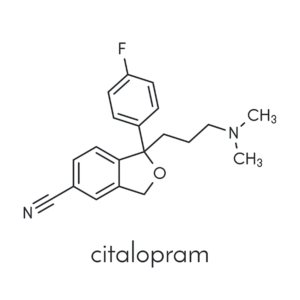
Citalopram (Celexa) Specs:
| Drug Name | Citalopram |
| Trade Name | Celexa, Cipramil, Akarin |
| Classification | Selective serotonin reuptake inhibitor |
| CYP Metabolism | CYP2C19, CYP3A4, CYP2D6 |
| Interaction With CBD | Metabolic competitor |
| Risk of Interaction | Moderate |
What Does Citalopram (Celexa) Do?
Citalopram works as an antidepressant. It does this by stopping the reuptake of serotonin (5-HT) in the brain.
Serotonin is a hormone that stabilizes mood, increasing feelings of well-being and happiness. It gets manufactured in the brain, and an imbalance in serotonin is thought to be one of the primary drivers of depression.
Citalopram mainly works on the molecular target called solute carrier family SLC6A4. Citalopram acts on this reuptake channel and inhibits its ability to reabsorb serotonin in the synaptic cleft. This way, it increases the amount of serotonin in the brain, allowing it more time to bind with the serotonin receptors in the brain.
Citalopram has less affinity to histamine, acetylcholine, and norepinephrine.
Citalopram should not be used with St.John’s wort, tryptophan, or 5-Hydroxytryptophan (5-HTP). It can interact with these drugs and cause excess serotonin in the body called serotonin syndrome, with symptoms such as restlessness, confusion, rapid heart rate, muscle rigidity, heavy sweating, etc.
Side Effects of Citalopram (Celexa)
The most common side effects of citalopram include:
- Dry mouth
- Nausea
- Sleepiness
- Insomnia
- Increased sweating
- Tremor
- Diarrhea
- Ejaculation disorder
- Upper respiratory infection
- Upset stomach
- Fatigue
- Vomiting
- Anxiety
- Anorexia
- Agitation
- Sinusitis
- Dysmenorrhea
- Decreased libido
- Myalgia
- Confusion
- Cough
- Rash
- Increased heart rate
- Hypersensitivity

Key Takeaways: Is It Safe to Take Citalopram (Celexa) With CBD?
The chances of a negative interaction occurring between CBD and citalopram are slim. However, the risk increases in those using high doses of CBD (over 50 mg) or in those taking CBD on a daily basis.
CBD may increase the time it takes for the body to metabolize citalopram, causing it to accumulate in the system — producing unintended side effects.
This interaction likely carries low to moderate risk. Therefore, it’s essential to take these medications only after consulting with your doctor.
References
- Anderson, L. L., Doohan, P. T., Oldfield, L., Kevin, R. C., Arnold, J. C., Berger, M., … & McGregor, I. S. (2021). Citalopram and cannabidiol: in vitro and in vivo evidence of pharmacokinetic interactions relevant to the treatment of anxiety disorders in young people. Journal of clinical psychopharmacology, 41(5), 525-533.
- Silote, G. P., Sartim, A., Sales, A., Eskelund, A., Guimarães, F. S., Wegener, G., & Joca, S. (2019). Emerging evidence for the antidepressant effect of cannabidiol and the underlying molecular mechanisms. Journal of chemical neuroanatomy, 98, 104-116.
- Shannon, S., Lewis, N., Lee, H., & Hughes, S. (2019). Cannabidiol in anxiety and sleep: a large case series. The Permanente Journal, 23.
Signup to our newsletter
Be the first to know about our newest arrivals and special offers!
